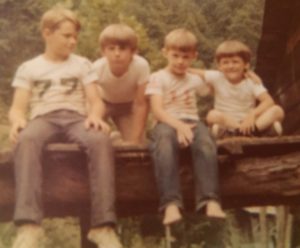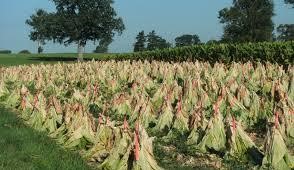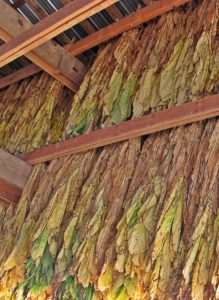After an ATV accident at Snowbird fractured two bones in my back my kinsmen hauled me to a hospital in Andrews, N.C., in the back of a pickup truck.
I couldn’t sit up in the hospital bed. I couldn’t even turn over. And, of course, I couldn’t get out of bed to go to the bathroom. But after two or three days my newspaper’s health insurance carrier said it was time for me to get up, get dressed, and go home. An insurance bean counter in Greensboro, N.C., told the hospital it was done paying for my care.
I was incredulous.
I called Anders Gyllenhaal, executive editor of The News & Observer in Raleigh, where I worked.

Anders knew about the accident, that I had been injured and hospitalized. I told him about my new problem, the bean counter, and asked him to help me. He asked for her name and telephone number and told me to sit tight. A few minutes later he called back and said to forget about her, just get well.
After a call from the editor of the newspaper with the largest circulation in North Carolina the bean counter had changed her mind. I could stay in the hospital until I was well enough to go home, which turned out to be seven days.
Do you suppose she knew that old adage: Never argue with someone who buys ink by the barrel.
Every once in a while I think about the favor Anders did me. I’m still grateful. But I also wonder: What do you suppose happens to sick or injured people who get jerked around by insurance companies and don’t have a newspaper editor, or someone with just as much pull, in their corner?
NOTE: I stayed in the hospital in Andrews for four days and then was moved by ambulance to Rex Hospital in Raleigh where I stayed three more days.
Coming Friday: Paroled!


